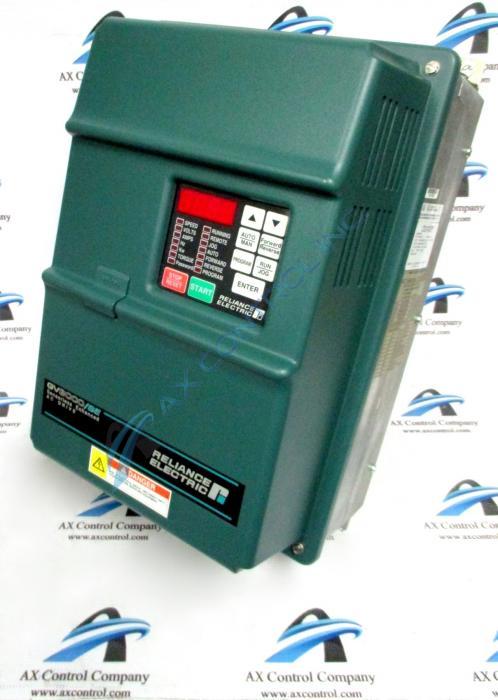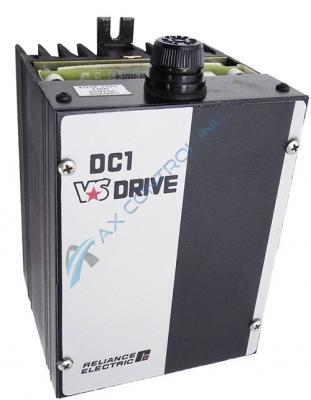
There are several things to consider when sourcing a drive to use with a motor. These include
- Function. What will the components be doing? Make sure to choose drives and motors designed for the same purpose.
- Location. Industrial components are specifically designed to hold up to the more rigorous demands of the factory floor. Some products may be rated for outdoor use while others might be restricted to inside locations only.
- Compatibility. Unless you need a conversation-starting paperweight, an incompatible drive is worthless.
- Cost. What’s your budget? Hint: this is where reconditioned and surplus products really shine. They’re often a fraction of the cost of new.
While all of these factors are important and should be a part of your decision-making process, none of them make the top of the list.
So what does?
Current and Voltage.
Always be sure as you look at drives that their output voltage meets the input voltage rating of your motor.
Also, be sure the drive’s output current rating meets or exceeds the FLA (full load amperes) rating of the motor. You can typically find the FLA on the motor’s nameplate data.
If you have more questions about sourcing the correct motor–or any other product–for your needs, contact our team today.


You must be logged in to post a comment.